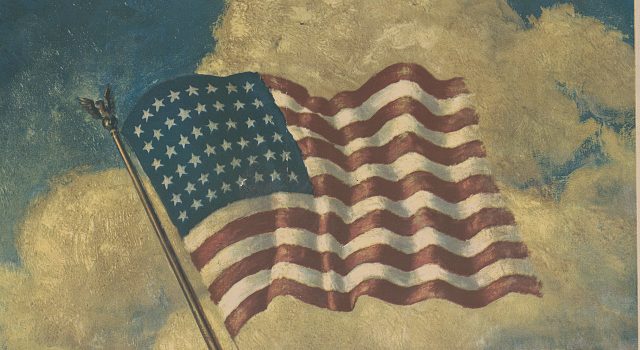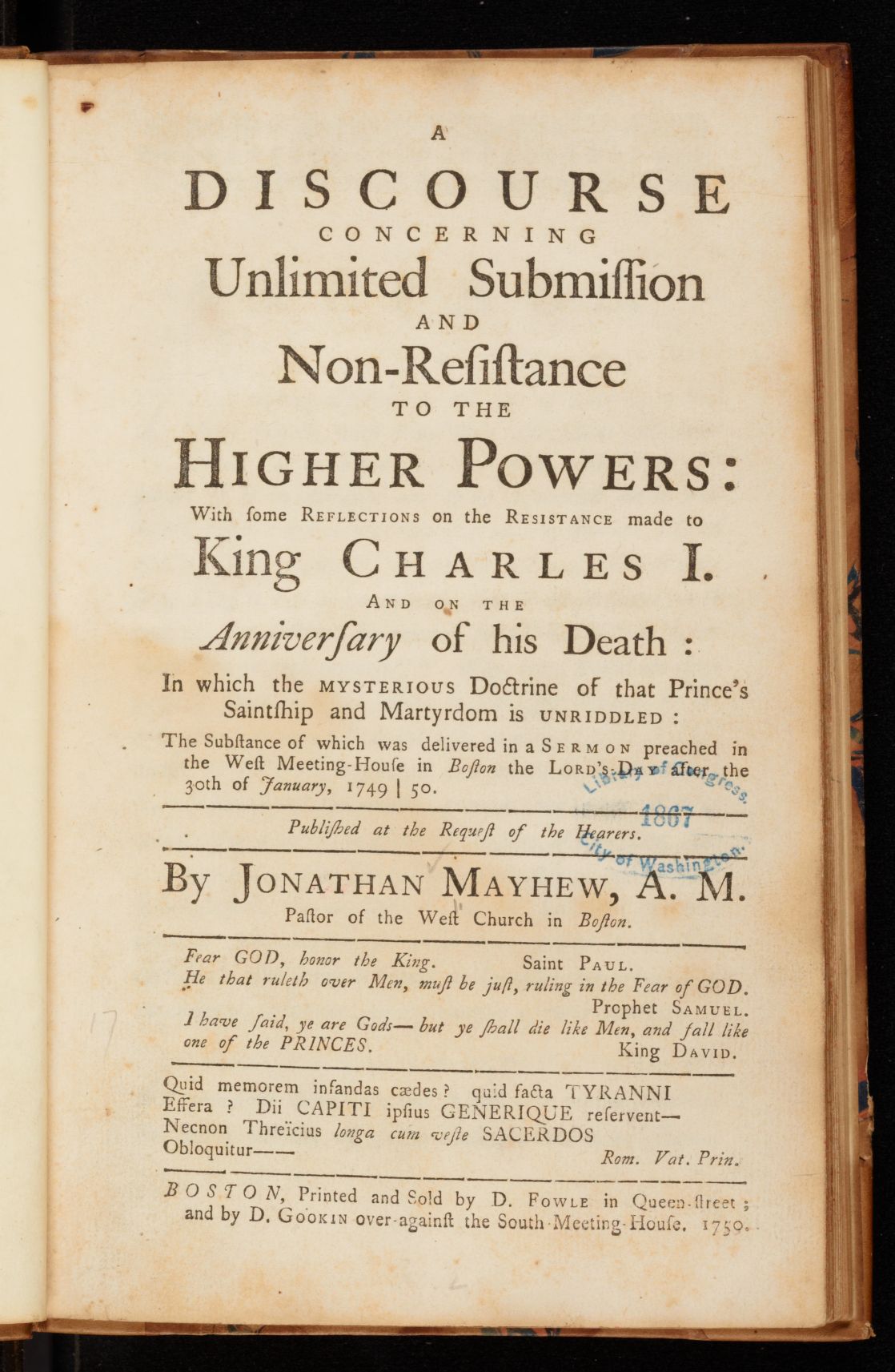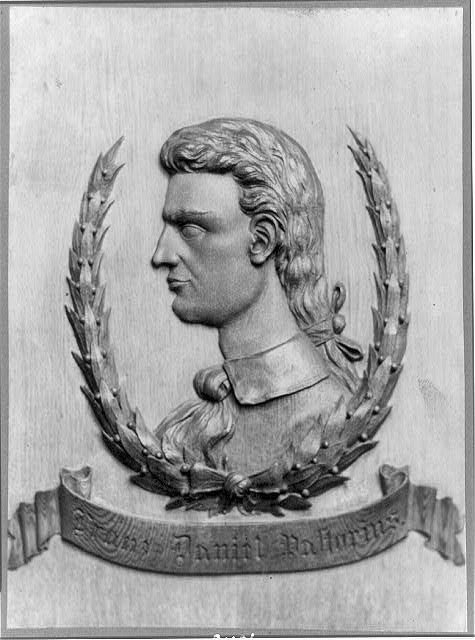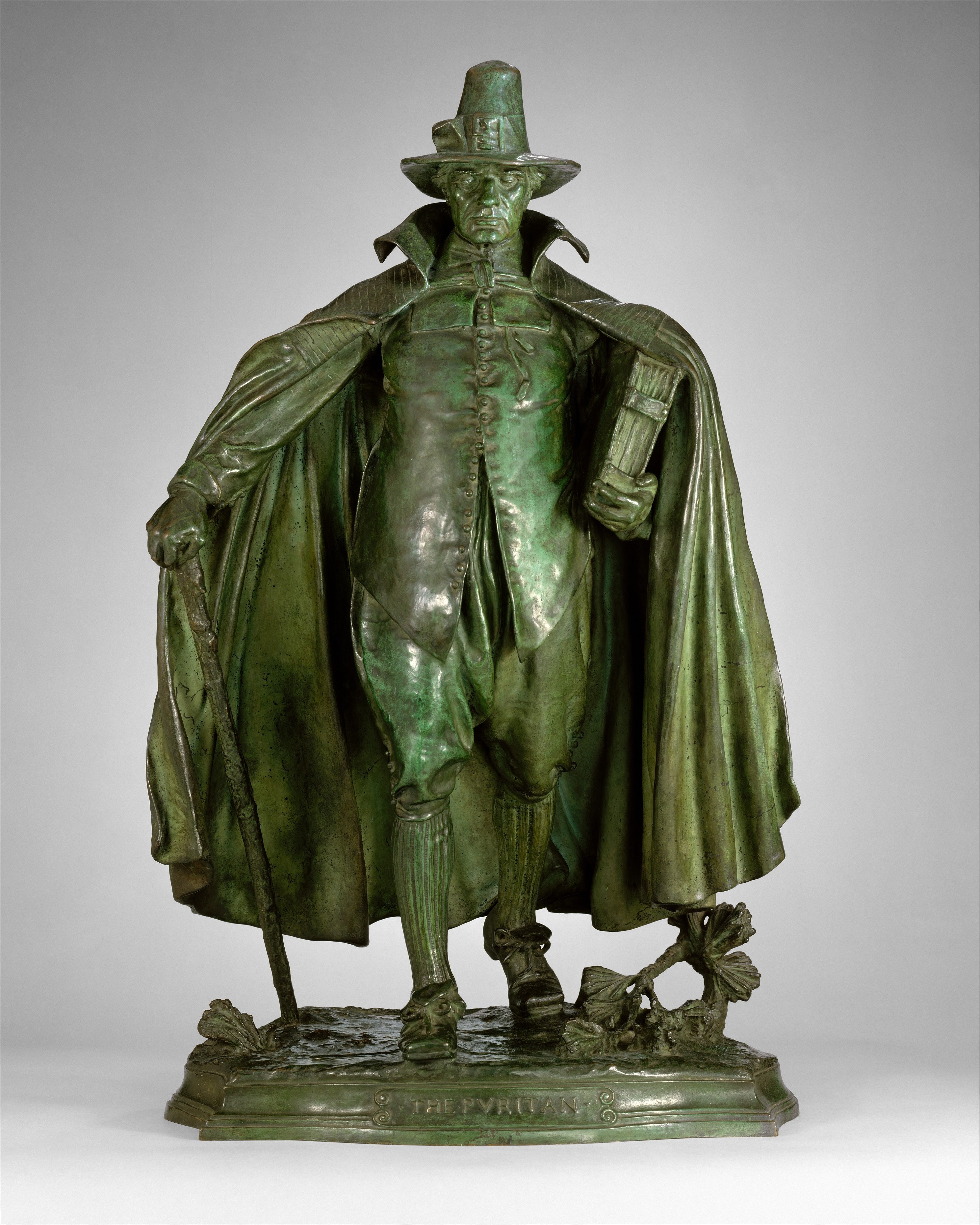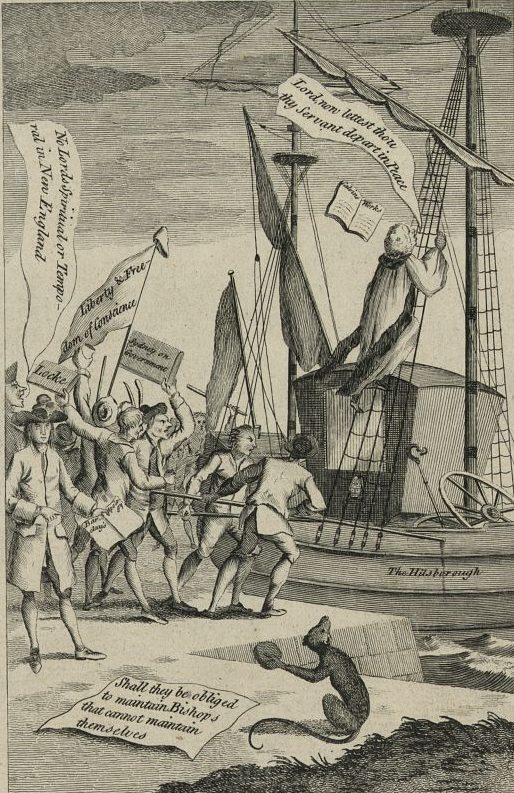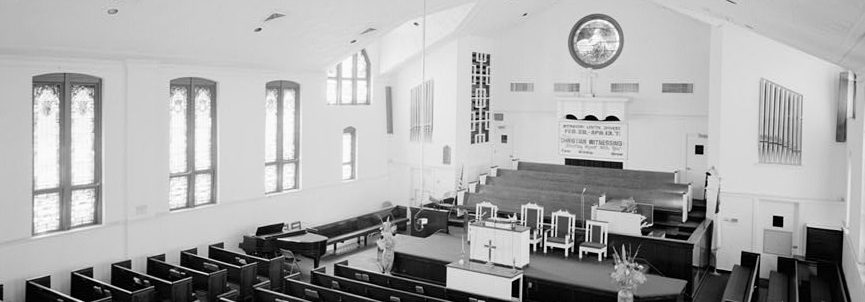Can a Christian Be a Communist?
Martin Luther King, Jr.
September 30, 1962
The following text is taken from an audio recording of the service. Any typographical errors are from the original source and therefore have not been changed.
One of the 25 Core Documents
Go to Study Questions
Introduction
A Christian cannot be a communist, King argues, because communism as a philosophical system denies the existence of anything beyond the material realm and, as a related principle, denies the existence of universal moral truth. Worst of all, it denies the essential quality of humanity: the freedom of the individual soul. For King, therefore, communism was a dangerous system, for it denied the only reasonable basis upon which men could relate to one another with any kind of dignity. Yet although a Christian cannot be a communist, King declares that communism “is the only serious rival of Christianity” in the modern world because it does two things well and rightly that the majority of American Christians either fail to do, or do badly. Indeed, he says hauntingly, “It may well be that the success of communism is due to the failure of Christians to live up to the basic principles of Christianity.”
The first lesson to be learned from communism, King argues, is that Christians must take seriously the cries of the oppressed and assert themselves in the name of justice wherever it is lacking. The second lesson is that Christians must be as fiercely committed to spreading the Gospel message of freedom and brotherhood as communists are to spreading their own doctrines. To succeed in either of these areas, King observed, Christians must live their faith not only on Sundays but on weekdays, working not simply to secure material goods but to serve others in their professions, help the hungry and ill-housed poor, and defend human freedom. The sermon ends with a hopeful vision: if American Christians will meet the challenge of communism with a faith-based zeal for justice, they will “make this old world a new world”—a promise reminiscent of Winthrop’s claims of nearly four hundred years earlier.
Due to copyright restrictions, we are unable to post the full text of this document on our website. You can access the annotated version of the text in the print edition of Religion in American History and Politics: 25 Core Documents, or read the text online (via the website of the The Martin Luther King, Jr. Research and Education Institute at Stanford University).
Study Questions...
View All
How does King portray America in relation to the divine? In what ways does he suggest American religion has failed in regard to Civil Rights? What remedies does he recommend for these failures? How did the religious rhetoric of the Civil Rights Movement affect its ability to dissent from the established political and cultural order? What does King suggest Christians can learn from communism and how should they apply those lessons to America’s ongoing racial, cultural, social, and economic problems?
Compare...
In what ways are King’s views of Christianity and politics and how human beings should treat one another similar to or different from those of Winthrop, Dixon, Fosdick, and Schaeffer?
